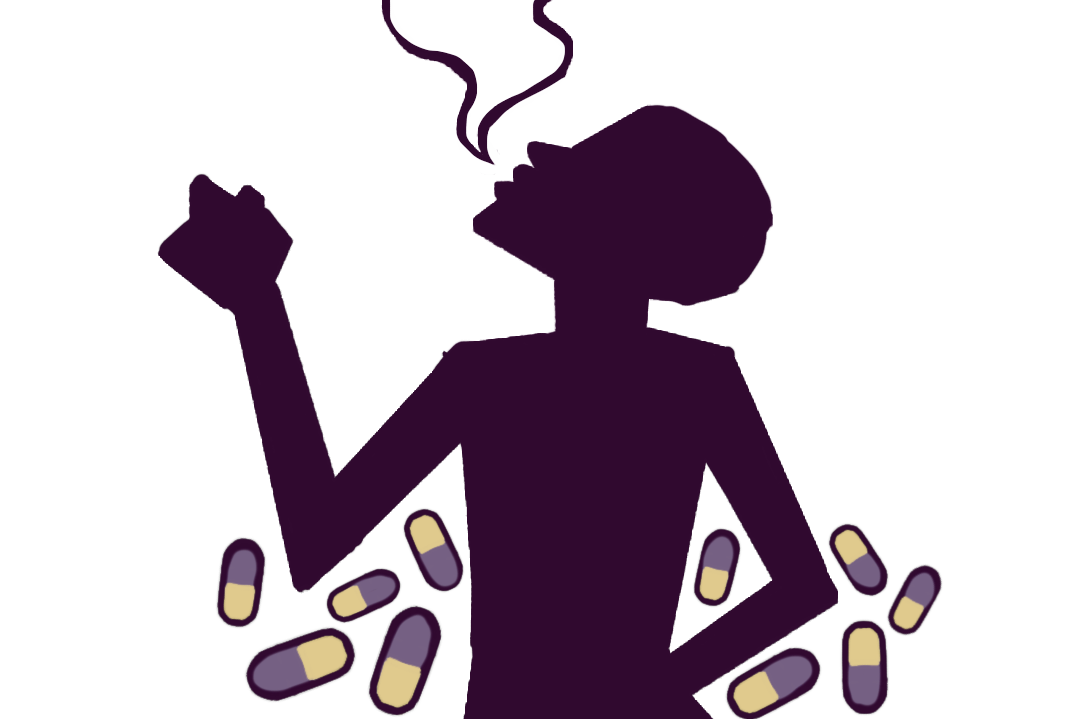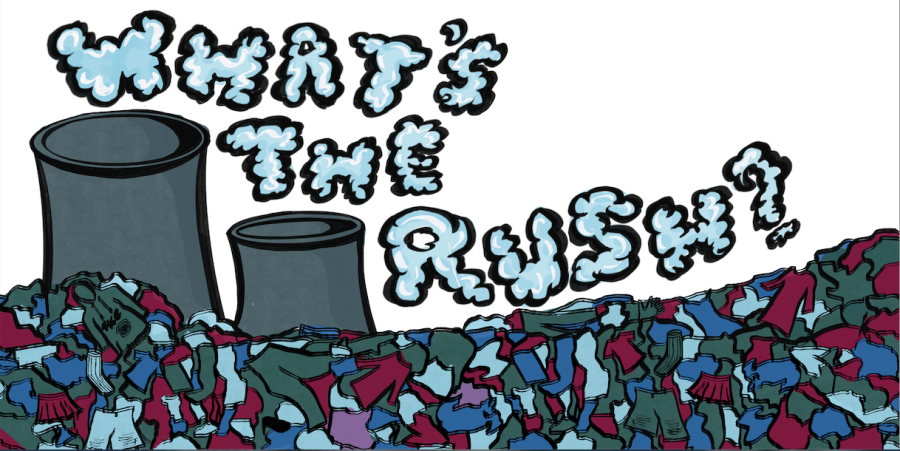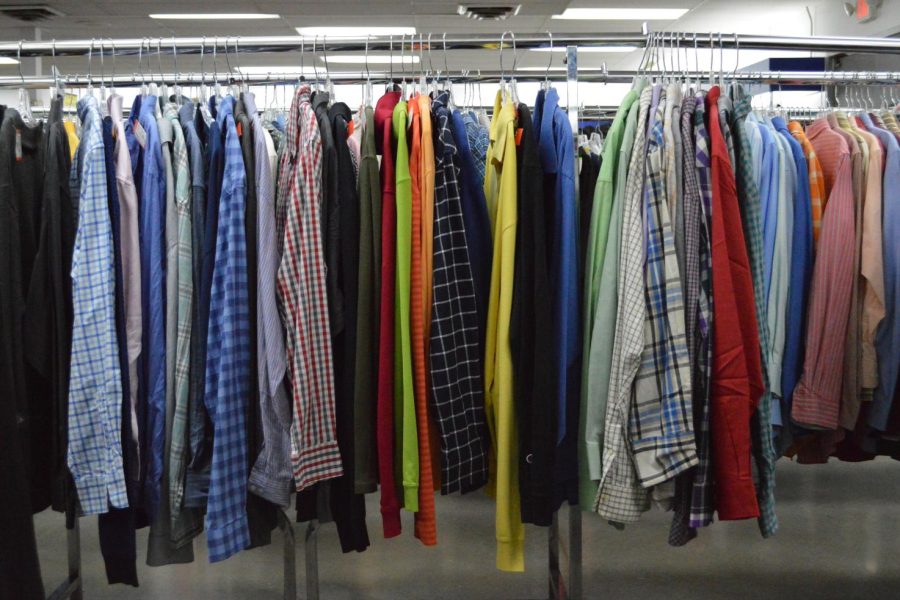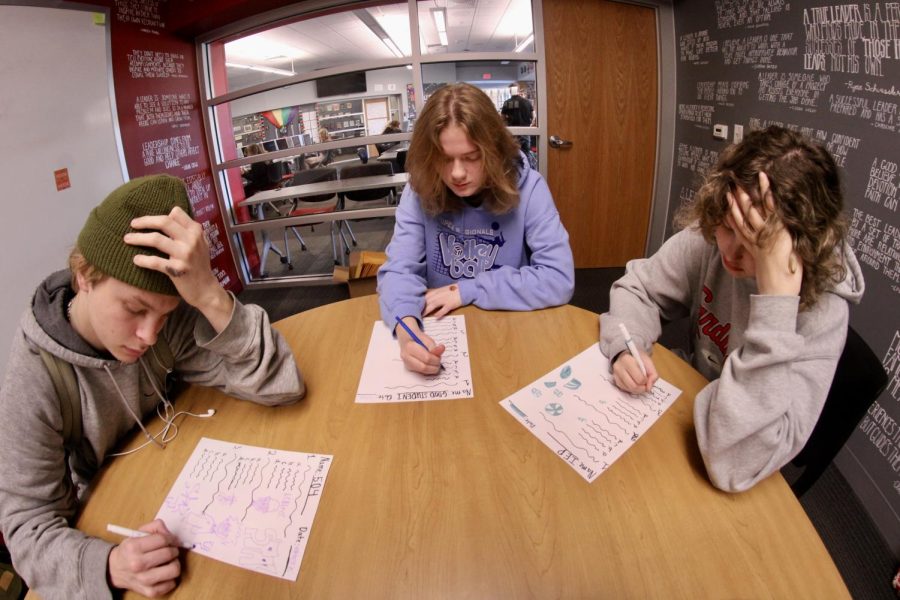
Imagine a world where a piece of burnt toast in the morning could ruin the rest of your day. The littlest things can set you off and everything else in life induces apathy and unhappiness. For Jason**, senior, these extremities were a reality until recently
After sharing his feelings of depression with his parents last spring, Jason was admitted to Edgewood, an intensive outpatient program affiliated with Mercy hospital, to go through group and one-on-one counseling under the close care of professionals
“I felt an overwhelming sense of hopelessness,” Jason said. “For some reason, everything was just meaningless. [Depression] is a different way of thinking about things than you normally would. It’s like a philosophy about life where everything is just bleak and tragic.”
Edgewood takes in all ages for treatment. People can be admitted into Edgewood for several different reasons, but depression, anxiety and substance abuse are the top three. According to Stacey Hacker, licensed professional adolescent counselor at Edgewood, about 70 percent of adolescent patients at Edgewood are depressed.
Hacker recognizes the stigma people often associate with depression and other mental illnesses. She wishes people would look at the bigger picture rather than the stereotype.
“If you had cancer, would people make fun of you?” Hacker said. “Would people tell you to get over it? Would people challenge you on it? No. They would support you and love you. But mental illness is treated so much differently.”
According to the American Academy of Child & Adolescent Psychiatry, teens with depression experience symptoms beyond the range of normal sadness or depression at other ages. Depressed adolescents will often experience times of extreme sadness or suicidal thoughts, which is when Edgewood advocates them using unique coping skills such as writing, art or music to deal with their feelings. Hacker encourages her patients to find a new way to cope for each depressive episode so they don’t create a monotonous routine.
“The bottom line is you need to be distracted at that point [of depression],” Hacker said. “If you’re going on autopilot, you’re going through the motions but you’re still very in the moment of thinking about what is really going on.”
Depressed adolescents tend to separate themselves from friends and family because they feel like a burden to them. But according to Hacker, this is the worst thing someone could do because a depressed person can easily become his own worst enemy. Hacker recognizes the difficulty in dealing with mental illness and offers advice to teenagers with depressed friends.
“Hear what people say, and ask them to explain things. Don’t assume you know,” Hacker said. “The worst thing you could say to somebody is, ‘I know exactly how you feel.’ Even other people who have depression don’t know exactly how someone else with depression feels.”
Although being a friend in someone’s time of depression is important, Hacker discourages teenagers from getting in over their heads. Adolescents may need more than a supportive friend to get through their depression.
“Don’t try to help beyond your means of being able to do it,” Hacker said. “If somebody says they’re suicidal or if somebody is saying they’re using drugs or self injuring or something along those lines, it’s not for an adolescent to deal with.”
But Jason didn’t do it alone. After several months of therapy and antidepressants, he finally feels like he has found a balance in his life. Although his parents were hesitant, he has stopped taking antidepressants to feel more like himself again. Through his experience with treatment he has found a more optimistic view of life.
“It gets better. It is better,” Jason said. “You just need to appreciate the small things and don’t fret about the big ones. In reality, they really aren’t that big.”
**Jason chose to withhold his real name for privacy









